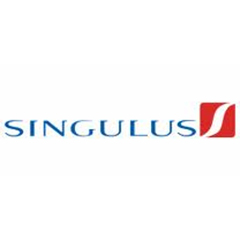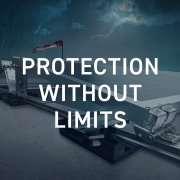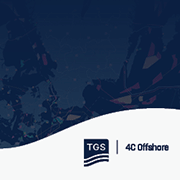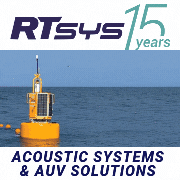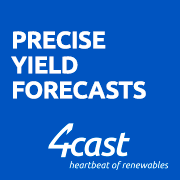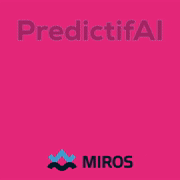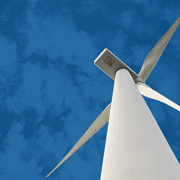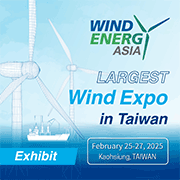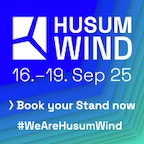Kahl am Main, Germany / Singapore, May 25, 2018 – SINGULUS TECHNOLOGIES AG (SINGULUS TECHNOLOGIES) and the Solar Energy Research Institute of Singapore (SERIS) at the National University of Singapore (NUS) are entering a second phase in the joint research collaboration on developing cost-effective manufacturing tools with lower cost of ownership. After an initial phase proving that an inductively coupled PECVD (ICPECVD) plasma source concept works, a new agreement was signed in which both parties continue their joint research and development efforts to industrialize highly efficient solar cell concepts. The aim of the collaboration is to develop innovative, cost-effective processes on SINGULUS’ novel mass production tools for the fabrication of crystalline silicon heterojunction solar cells.
Dr Thomas MUELLER, SERIS’ Head of Heterojunction Cell Development, said: “SINGULUS TECHNOLOGIES is a strong industrial partner for SERIS with a proven track record in high-tech tool manufacturing sectors like high-capacity storage, semiconductor and solar, by implementing novel and effective manufacturing concepts in cost-effective packages. SERIS is adding its longstanding expertise in heterojunction device structures to develop the processes on the new platform, so that the PV manufacturing industry has a short learning curve when deploying the new platform”.
Dr Marco Huber, Product manager PECVD at SINGULUS TECHNOLOGIES, added: “We are delighted to team up with SERIS for this challenging task. In many discussions with customers we have learned that the industry is seeking cost-effective, novel solutions for this decisive process step. The broad process expertise combined with the institute’s outstanding analytical capabilities make SERIS a powerful partner in developing the innovations required to advance heterojunction solar cells to the mass production level”.Prof Armin ABERLE, SERIS’ CEO, said: “Solar energy is the most accepted renewable energy source for the future. City states like Singapore don’t have much space and thus need to focus on high-efficiency technologies. Heterojunction solar cells have been a niche market so far due to their complex fabrication process and consequently higher investment costs. This research has the potential to be a game changer, by significantly lowering the manufacturing costs of high-efficiency solar cells and thereby reducing the LCOE of renewable energy in urban environments such as Singapore”.
Both parties will join forces to conduct further studies on heterojunction solar cell fabrication using the SINGULUS ICPECVD pilot production tool for amorphous silicon (a-Si) layers. The work packages include the proof of concept for an economic PECVD mass production tool as well as further development of TCO layers.The collaboration is scheduled for the duration of 18 months and the results shall foster the GW scale roll-out of heterojunction solar cells, which is a promising candidate for highly efficient solar cells for both monofacial and bifacial applications.
SINGULUS TECHNOLOGIES – Innovations for New Technologies
SINGULUS TECHNOLGOIES builds innovative machines and systems for efficient and resource-friendly production processes. SINGULUS TECHNOLOGIES’ strategy is to take advantage of its existing core competencies and to expand these further.
The core competencies include vacuum coating, surface processing, wet-chemical and thermal production processes. The company offers machines, which are used worldwide in the solar, semiconductor, medical technology, consumer goods and optical disc sectors. For all of the machines, processes and applications SINGULUS TECHNOLOGIES harnesses its automation and process technology expertise.
About the Solar Energy Research Institute of Singapore (SERIS):
The Solar Energy Research Institute of Singapore (SERIS) at the National University of Singapore (NUS) is Singapore’s national institute for applied solar energy research. SERIS is supported by the National University of Singapore (NUS), National Research Foundation (NRF) and the Singapore Economic Development Board (EDB). SERIS conducts research, development, testing and consulting on solar energy technologies and their integration into power systems and buildings. The institute’s R&D spectrum covers materials, components, processes, systems and services, with an emphasis on solar photovoltaic cells, modules and systems. SERIS is globally active but focuses on technologies and services for tropical regions, in particular for Singapore and South-East Asia. SERIS collaborates closely with universities, research organizations, government agencies and industry, both locally and globally.
SINGULUS TECHNOLOGIES and SERIS on track to reduce cost of heterojunction solar cell manufacturing
